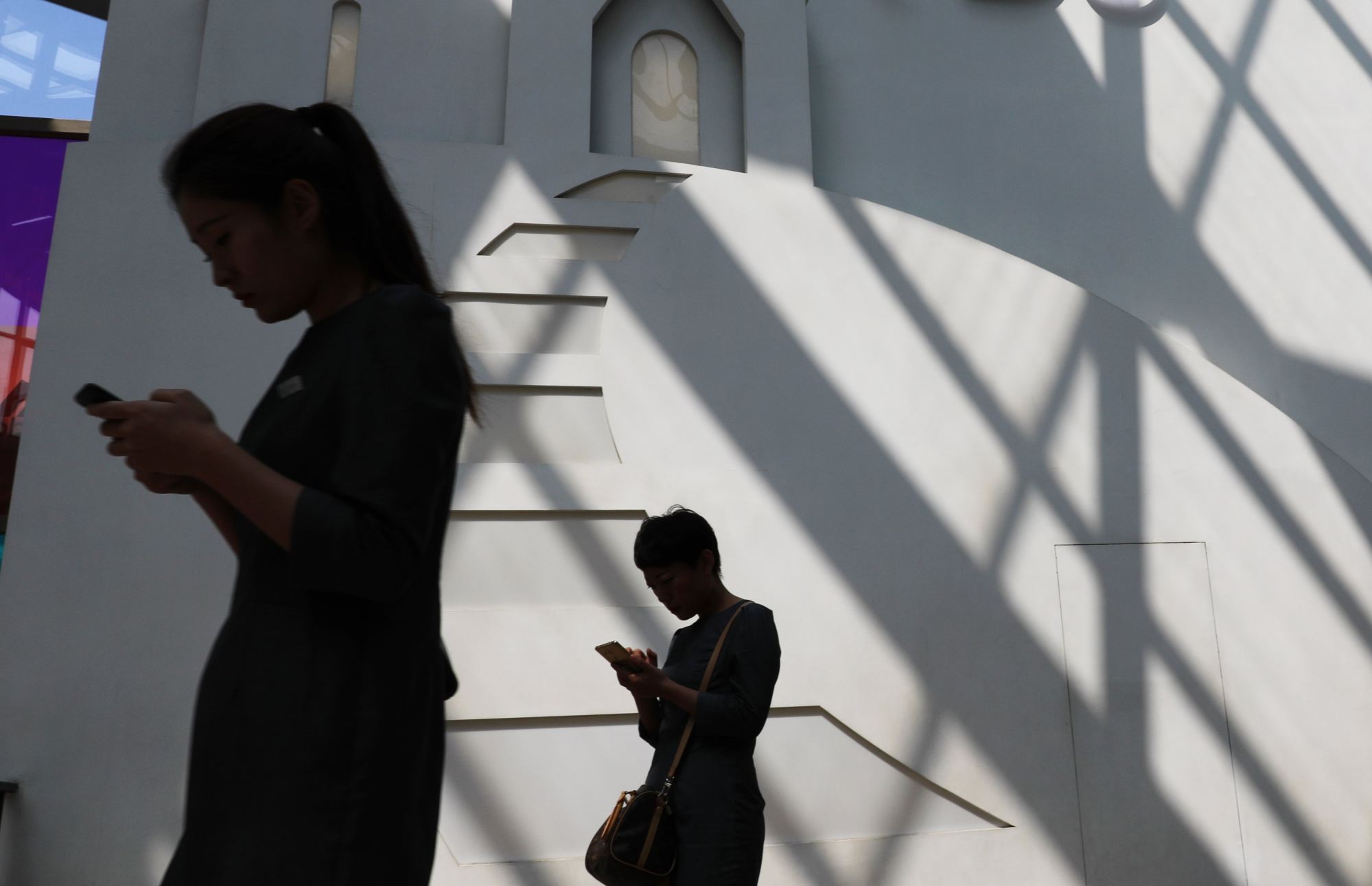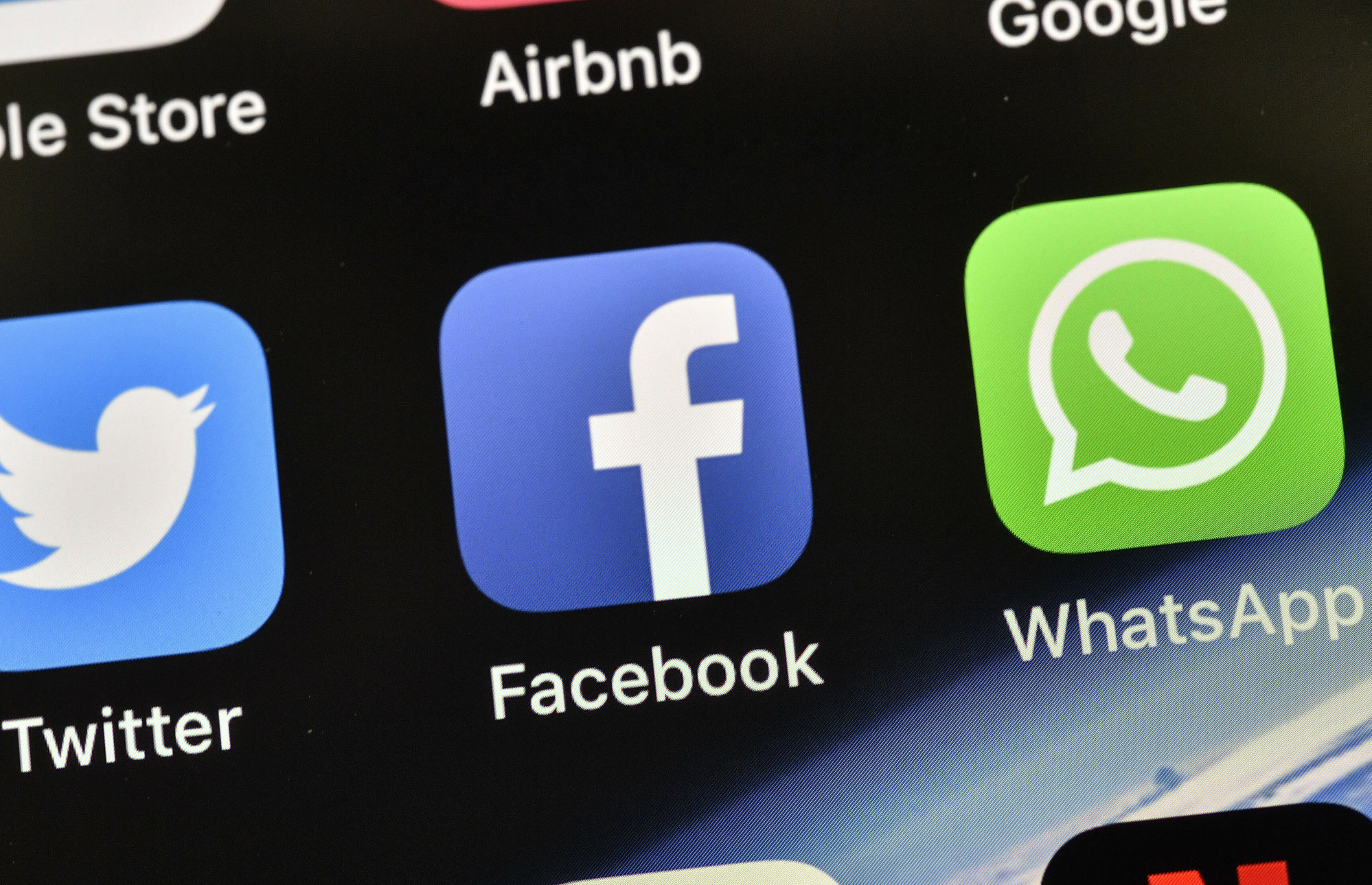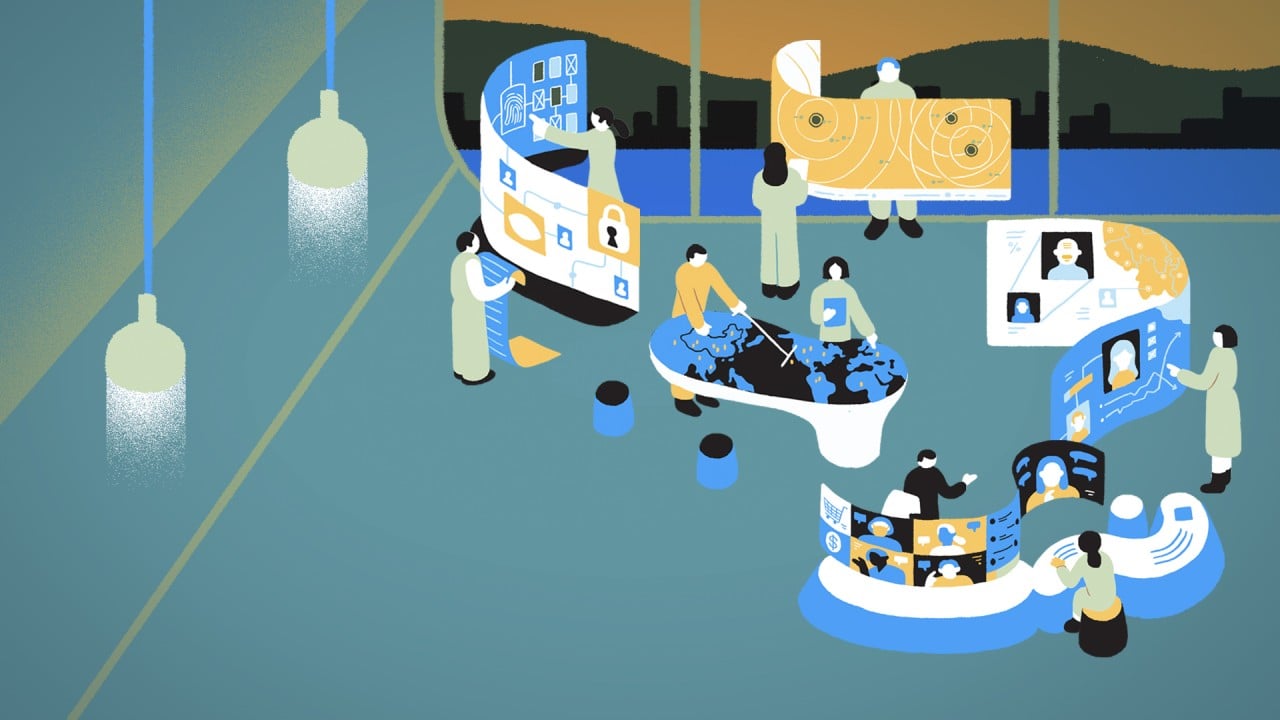
Billie Eilish’s experience of the harmful effects of online porn should be a wake-up call to lawmakers
- The American singer says she was first exposed to online pornography at 11; a recent survey in Hong Kong shows she is not alone
- Clearly, new laws are needed to ensure internet service providers and operators of adult websites are not allowing children to access damaging content
American singer Billie Eilish recently revealed that she was exposed to “abusive” pornography from the age of 11, leaving her “devastated”.
The Grammy award-winner, now 20, said these experiences “destroyed” her brain, poisoned her personal relationships and gave her nightmares. Nobody, she said, explained to her that watching pornography could be harmful. Instead, she saw it as a form of sexual education.
Eilish’s comments highlight the damaging effects of being exposed to pornography at a young age. While these effects can vary according to factors such as age and content, psychological problems are far from rare, particularly once addiction sets in.
When asked how frequently they watched pornography, 42 per cent of respondents reported watching it once or twice a week, while about 10 per cent watched it every day.
Moreover, the association found that of those participants who reported first coming into contact with pornography as a teenager, almost 30 per cent had at least once experienced a desire to have sexual contact with children or teenagers, while around 11 per cent admitted to acting on those urges.
A further 41 per cent said that after viewing pornography, they thought about having non-consensual sex or sexual contact, while 11 per cent said they had committed such an act.
They also explained how their thinking had been coloured by the objectification of women in pornography, the association of sexual activity with violence, and the message that when a woman said “no” she actually meant “yes”.
As to why young people start watching online pornography, ease of accessibility is a clear factor, as are curiosity and peer pressure.

As Eilish explained, pornography has become normalised; she felt “really cool” and like “one of the guys” if she pretended to have no problem with it.
In the UK, Children’s Commissioner for England Rachel de Souza has urged parents to discuss online pornography with their children as early as the age of eight – certainly before they acquire a smartphone or social media account.
Yet there is a realisation that families shouldn’t have to tackle this problem alone, and an effective legal response is necessary.
At the very least, operators of adult websites should be made liable if their content is not kept restricted. After all, social media companies such as Facebook and Twitter already have a legal duty of care to children, and in the event of breaches, they face fines of up to 10 per cent of their global turnover.

The UK’s Digital Economy Act, passed in 2017, contains valuable provisions to protect children from online pornography, but they have not been adequately enforced. As a consequence, children’s rights groups are now seeking their incorporation into the Online Safety Bill, currently being drafted by Parliament.
If these provisions were properly implemented, internet service providers would be required to ensure that adult websites are blocked to users aged below 18. This can be done using age verification software.
A regulating body would also be appointed to oversee online platforms and publish guidelines for providers. If a provider fails to comply with these guidelines, the regulator would have the authority to impose fines, block websites and order the withdrawal of any associated financial or advertising services.
Providers would also be required to work with the police and other stakeholders to prevent and delete exploitative materials.
On December 9, 14 of the UK’s biggest charities, with the backing of teaching union ASCL, demanded that the government introduce age verification technology. They also called for regulators to be given the power to fine and shut down any adult websites that allowed children to access them.
As the director of children’s charity Barnardos, Lynn Perry, explained, “Children cannot afford to wait any longer for these vital protections, and as a society we cannot afford to compromise on their safety or protection.”
The way forward is clear. If any new law also makes it illegal for service providers to upload any harmful or illegal content on to their sites, including content which depicts violence against women or girls, this will provide an extra protection.
The UK’s Online Safety Bill provides a possible template for Hong Kong, where there is also a need for government intervention.
Sex education in Hong Kong schools needs a boost
The Law Reform Commission’s Cybercrime subcommittee began work in January 2019, and some solid proposals to protect young people from pornography are hopefully in the offing.
Meanwhile, in this year’s policy address on October 6, Chief Executive Carrie Lam Cheng Yuet-ngor indicated that a Commissioner for Children is to be appointed, with a mandate to help the Health and Welfare Bureau protect local children.
Once appointed, the new commissioner must prioritise legislation that safeguards the most vulnerable from the impact of online pornography, and this will assist their healthy transition to adulthood.
Grenville Cross SC is the Patron of Against Child Abuse


